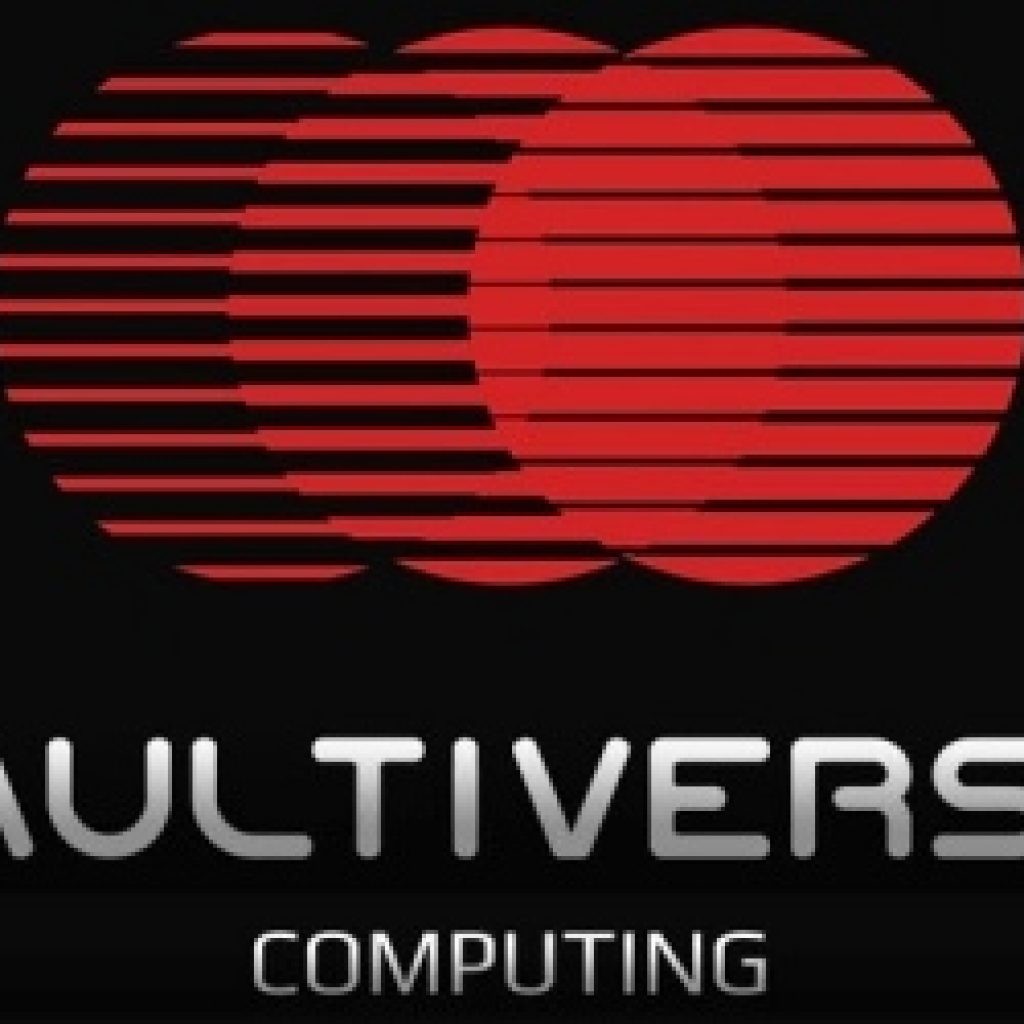Multiverse Computing, which describes itself as the first quantum computing start-up dedicated to finance, announced some financing of its own this week: A seed funding round of €10 million (USD $11.55 million).
The two-and-a-half-year-old company’s Singularity platform allows financial industry users to apply quantum computing to potentially gain a competitive advantage. But Singularity is not a placeholder for a future when quantum commuting is a bigger part of daily business life. The platform lets people without any real knowledge of how quantum computing works to use any existing quantum computer to run ultra-efficient quantum algorithms from a simple spreadsheet to address highly complex problems, such as portfolio optimization and fraud detection.
Multiverse Computing already collaborates with recognized quantum computing firms such as IBM, Microsoft, Xanadu, D-Wave, IonQ, Rigetti, Pasqal, Alpine, Quantum Technologies, Strangeworks, Orca, Amazon AWS, Fujitsu, among others.
The firm’s new funding round was led by JME Ventures and also included Quantonation, EASO Ventures, Inveready, CLAVE Capital (Mondragón Fondo de Promoción), Ikerlan, LKS, Penja Strategy, Seed Gipuzkoa and Ezten Venture Capital Fund.
The funding will be used to consolidate the company’s growth and globalization strategy as well continue to advance its technology and marketing, according to Enrique Lizaso, Ph.D., co-founder and CEO of Multiverse Computing. He added that the San Sebastian, Spain-based company is expecting to record annual revenue close to €100 million by 2027.
Multiverse also expects to have at least 24 quantum algorithm international patents by the end of this year, and eventually more than 150 patents in its portfolio.
Román Orús, co-founder and Chief Scientific Officer for Multiverse Computing, answered questions from IQT via email, discussing his company’s use of NISQ-era facilities, its potential customer targets and how its technology could be applied in sectors outside of finance.
Multiverse is leveraging existing quantum computers, but are there any concerns about lack of error correction in current quantum computers?
Yes, of course people raise concerns about error correction. But the solutions we are developing are particularly well adapted to the processors that are not error corrected. Some of the most important applications we are currently doing concern optimization and quantum machine learning which both adapt very well to NISQ-era systems and are more robust to errors.
How can quantum computing improve an application like portfolio optimization?
You can improve portfolio optimization in a few ways. For instance, you can compute a better composition of your portfolio assets, providing better returns and lower risk with less computational effort. You can also handle many more assets with quantum computing techniques.
How would customers use Multiverse’s offerings?
Through our Singularity software, they can access quantum computers and the different types of solutions and algorithms we are developing now. To run on these computers, the user will have to buy time directly with a provider – we can assist with that, or they can go directly to IBM, for example, and buy computational time.
Can you name customers or types of customers that would be interested in what you have to offer?
Yes, banks and large financial institutions with portfolio managers are interested in our portfolio optimization solution. For example, we have been working with Credit Agricole CIB, the corporate and investment banking arm of Credit Agricole Group, the 12th-largest banking group worldwide. We are very happy to be working with them and are building a very strong team. They are committed to quantum and quantum-inspired techniques and are already seeing value. We are also working on a variety of other solutions and some that will be of interest to tax agencies and insurance companies, for example.
Is Multiverse going to focus on other sectors besides financial to help users leverage the power of existing quantum computers?
Yes, that’s one of the main goals of this funding round. One of the most important objectives is to expand our solutions to other verticals. So, the core of the algorithms that we use for finance can be used in other places, even though the application changes. We are already doing something in energy and manufacturing and will be doing something in transportation, such as designing new batteries for more efficient electric cars as well as optimizing traffic in cities.
Our philosophy is that people who have no clue about quantum programming can use these tools. That’s why, for instance, for finance, the plugin is Excel, because it’s super simple – you just install it and you have your data there. You click it and you don’t know what happens, but it’s actually happening. We feel our solutions will be the most powerful solutions in the world, but also very easy to use.
The business benefit in finance was immediate because there already are many problems of interest to people. But we’re going to see benefits in energy and transportation, too, in the next couple of years.
